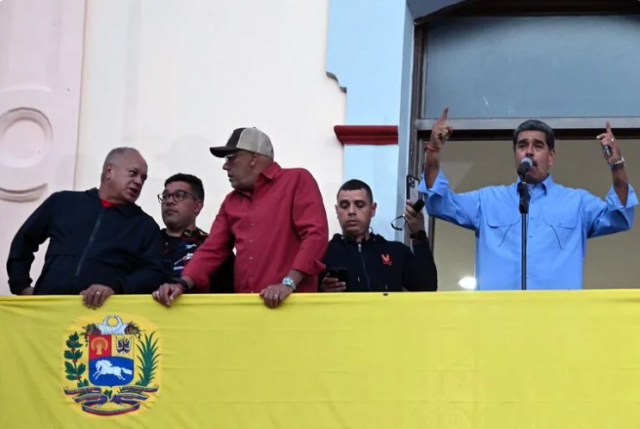
The United Nations Human Rights Council recently approved the extension of the mandate of the International Fact-Finding Mission on Venezuela for two more years.
lapatilla.com
This renewal reinforces surveillance of serious human rights violations, such as extrajudicial executions, forced disappearances and torture, which have been attributed to Nicolás Maduro’s regime since 2014. This decision has a significant impact both in terms of justice for the victims and on the reputation of Chavismo on the international stage.
Importance of the Renewal
Since its creation in 2019, this Mission has been instrumental in documenting patterns of repression and systematic abuses that could constitute crimes against humanity. The renewal guarantees the continuity of this crucial work, allowing for the collection of evidence for future judicial proceedings at the national and international level. It also reflects the international community’s commitment to human rights in Venezuela, especially following the controversial 2024 presidential elections, marked by violence and allegations of electoral fraud.
The increase in votes in favor of its renewal, underscores the growing international concern about the crisis in Venezuela as it has escalated. The resolution was supported by 23 countries, including several Western and Latin American democracies such as Canada, Argentina and Chile, while only six nations, including China and Cuba, voted against. This shows a growing isolation of Chavismo and a negative perception of its rule outside the country.
We also recommend reading (In Spanish): UN Human Rights Council Renews Fact-Finding Mission in Venezuela for Two Years https://buff.ly/4f3g5z1
The renewal of the mission represents a direct challenge to the official narrative of Maduro’s regime, which has described the investigations as “irritant and illegitimate.” However, UN reports have not only documented abuses, but have also pointed out how these respond to a systematic pattern of repression aimed at keeping the government in power
The refusal of some allied countries to support the resolution or even abstain from voting reflects the loss of diplomatic support for “Madurism”.
This heightened international scrutiny undermines Chavismo’s attempts to project an image of legitimacy and control. Constant allegations of human rights violations, along with the repressive response to protests, have eroded its credibility in the international community. The renewal also leaves the door open for this evidence to be used in future trials, such as those that could take place at the International Criminal Court.
The renewal of the UN mission has profound implications for Chavismo, both in legal and diplomatic terms. It means that the international community will continue to closely monitor the situation in Venezuela and will keep alive the hope of justice for the victims.
In addition, this exposes the internal tensions of Maduro’s regime, increasingly challenged by systematic repression. With this renewal, the pressure on the regime increases and reinforces the perception that Chavismo is increasingly distant from democratic values and respect for essential human rights.